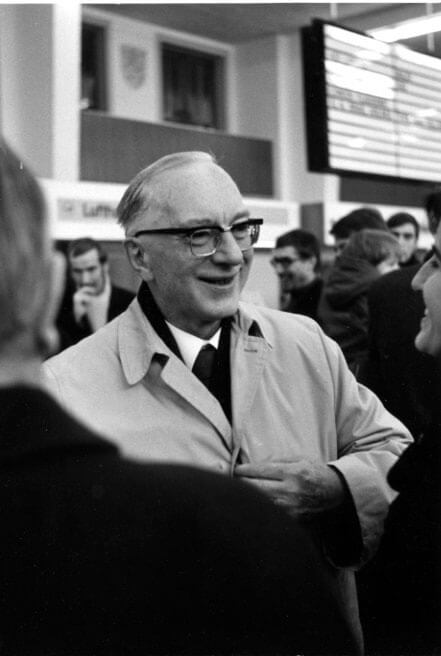Manfred Henningsen is an Emeritus Professor of Political Science at the University of Hawaii, where he taught from 1970 until 2020. He received his PhD under Eric Voegelin in Munich in 1967. His dissertation was a critical assessment of A. J. Toynbee’s A Study of History in the general context of comparative philosophy of history. It became published in 1967 as Menschheit und Geschichte (Mankind and History). From 1968 until 1974 he edited and contributed, together with Juergen Gebhardt and Peter J. Opitz the 14 volume paperback series Geschichte des politischen Denkens (History of political thought), Munich. In addition, he published Der Fall Amerika (Munich, 1974) and Der Mythos Amerika (Frankfurt, 2009), books that dealt with European Anti-Americanism and American self-interpretations. He edited Vol.5 of Voegelin’s Collected Works, Modernity without Restraint (2000); Vol. IX of the German translation of Order & History (Ordnung und Geschichte), Das Oekumenische Zeitalter. Weltherrschaft und Philosophie (Munich 2004) and the original German version of Voegelin’s 1964 Munich lectures on Hitler und die Deutschen (2006). In addition, he published 23 articles in the German cultural journal Merkur and articles and reviews in The Review of Politics, Perspectives on Politics, China Review International, and many edited volumes on history, political philosophy and politics.

